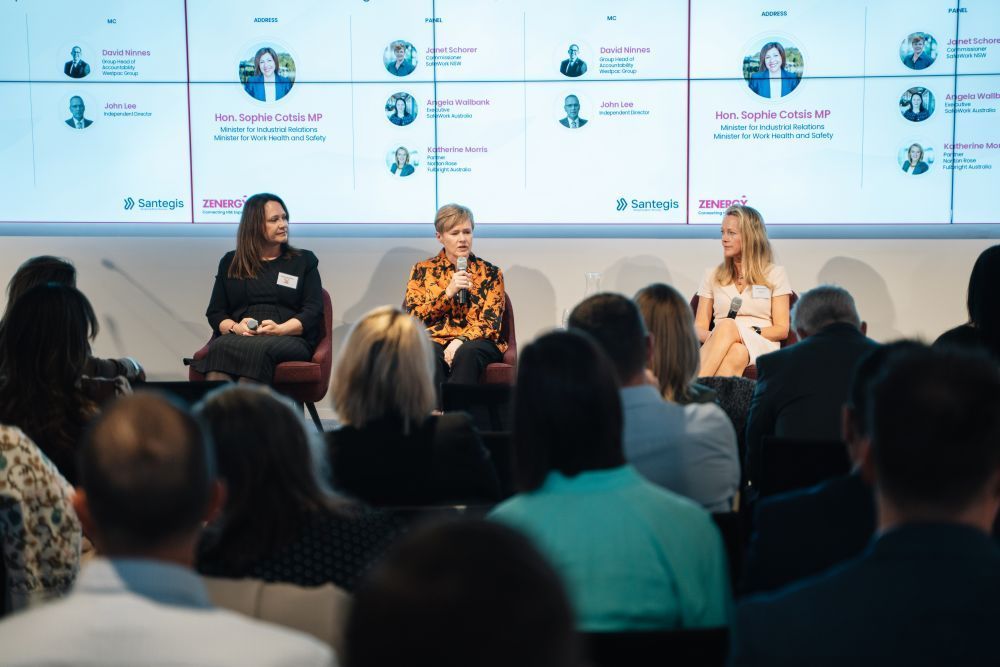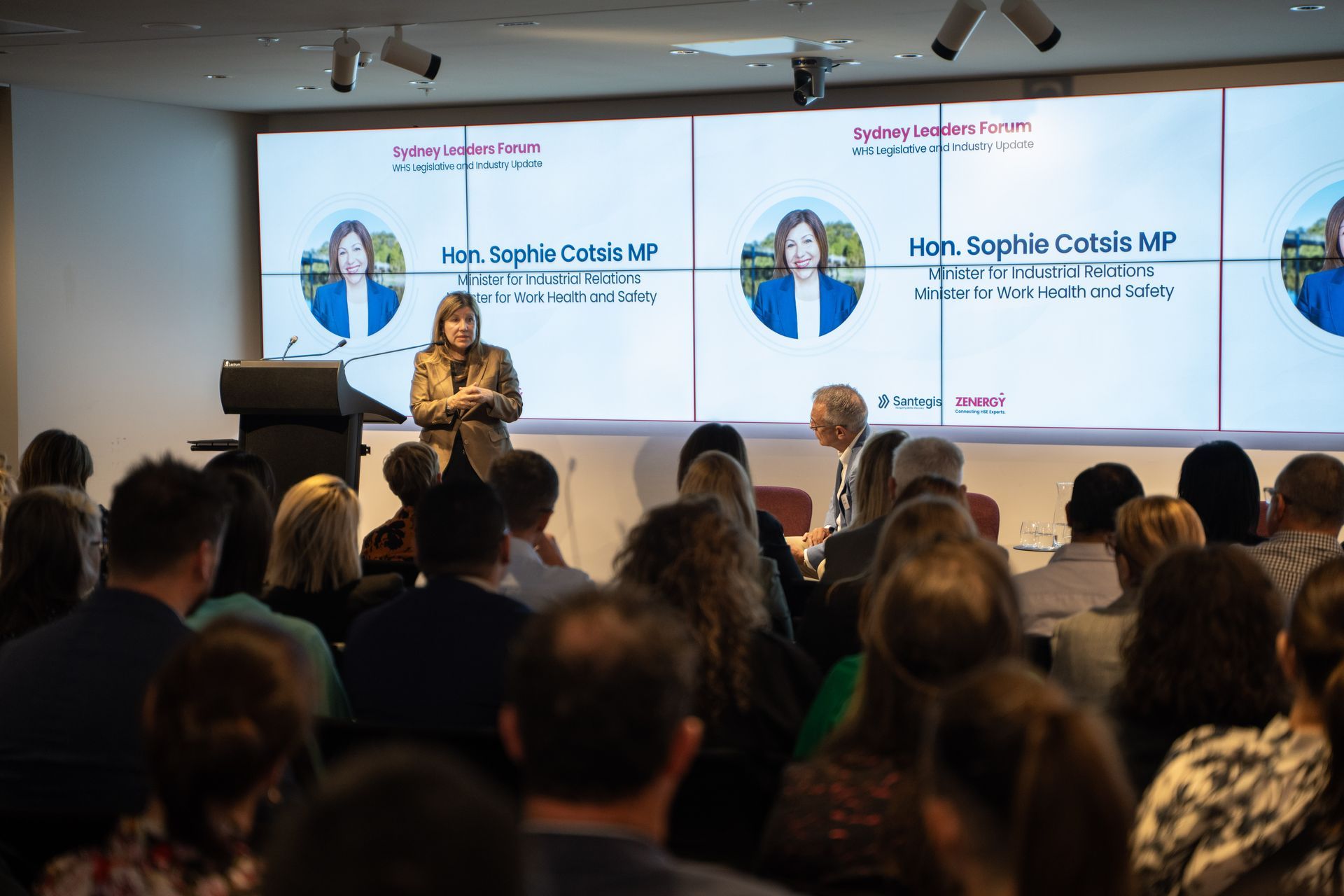Melbourne meat processor fined $130,000 for crushed hand
40% of power bought at a fixed price while 60% a market-based price that is renegotiated every two years
Melbourne has become the first city in Australia to have all of its council-owned infrastructure powered by renewable energy.
The City of Melbourne switched all its operations to renewable energy on 1 January. The power is supplied by the Crowlands windfarm near Ararat in western Victoria, which was funded through a power purchase agreement with the City of Melbourne and 13 other Melbourne councils and institutions.
The transition means that council libraries, gyms, childcare centres and buildings are now fully powered by renewable energy, as are all of the city’s street lights.
“It’s a pretty nice New Year’s resolution to go to 100% renewable energy,” the deputy mayor, Arron Wood, said.
The Yarra, Port Phillip and Moreland councils, as well as Australia Post, Bank Australia, the National Australia Bank, Melbourne University, Federation Square, Melbourne Convention and Exhibition Centre and Zoos Victoria were also part of the buying group and began their new energy contracts on the same day.
The group agreed to purchase 88GWh of electricity per year, about half of the energy that will be produced by the 80MW Crowlands windfarm.
Under the agreement 40% of the power will be purchased at a fixed price while 60% will be a market-based price that is renegotiated every two years.
“This will be a good hedge against future price rises,” Wood said.
The value of the contract is commercial in confidence but Wood said council was purchasing more than 19GWh per year, or about 23% of the total purchase agreement.
It was funded, in part, by efficiency measures including a $16m upgrade of the city’s 12,000 street lamps to LED lights, which is expected to shave $1m a year off the council’s power bills once the changeover is completed in July.
“When people say to me that it costs money to support renewable energy projects, well, we are actually paying for our renewable energy projects through our efficiency projects,” Wood said.
He said the council had created a “no frills” version of the power purchase agreement used by the group and was working with private corporations based in Melbourne who were interested in copying the idea.
“There will just be four or five in the buying group,” he said.
The remaining turbines are expected to be operational in May.
There are more than 40 large-scale wind and solar projects either under construction or with planning approval in Victoria, as well as more than 26 that are already producing electricity. The sector is on track to create 6,000 annual jobs.
Most of the new projects are funded through the state’s 650MW reverse auction but others, like Crowlands, were funded by private purchase agreements.
Last week the Andrews government approved a proposal for a $1.5bn, 17,000 hectare windfarm at Golden Plains, which is big enough to provide up to 10% of the state’s energy needs at less than $50/MWh.
Victoria is on track to exceed its renewable energy targets of generating 25% of the state’s electricity needs from renewable sources by 2020 and 40% by 2025, causing some environmental groups to say the 2030 target of 50% renewable energy is not strong enough.
Original Article from the Guardian






